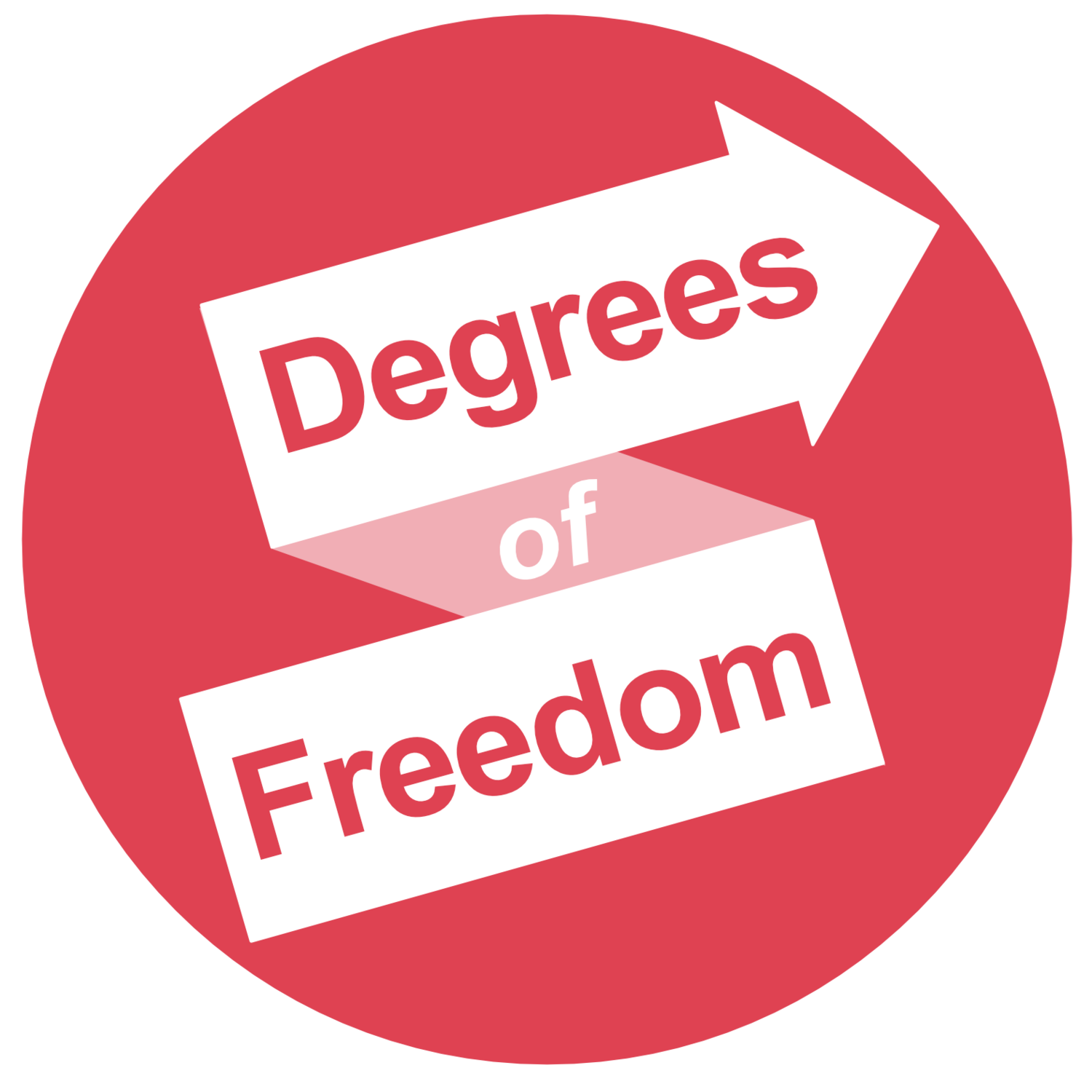Maximize Your Academic Impact: Why Your Online Presence is Non-Negotiable!
The game has changed, and in the digital age, you have to put yourself out there. For academics, crafting a robust online profile is no longer a nice-to-have; it's a must-have. Every academic needs an easily accessible online profile complete with a professional photo. The main tools at your disposal—Google Scholar, LinkedIn, Twitter, ResearchGate, and more—are your allies in this mission.
1. If You Don’t Exist Online, You Don’t Exist!
To start – An online academic profile is a must. Like it or not, you are your own brand in the scientific community. I suggest you embrace this and find your comfortable level of engagement. This could be as simple as having a Google scholar profile, or you could dive right in and have Scholar, LinkedIn, Twitter, Instagram, and/or A blog (like me).
A non-negotiable – Add a damn profile picture to your profiles. A faceless profile makes you look like a bot, and makes people suspicious. I am aware we (largely) hate looking at ourselves, but you have to push past that discomfort. Putting a face to a profile makes it personal and allows extended engagement. It also helps when online people meet you in real-life. I have had countless people come up to me and mention that they recognise me from my online presence.
A note: I also appreciate my anonymity. I have private, personal social media accounts with a pseudonym (fake name), so that I can keep my private and public profiles separate. I only use my public profiles for work / business purposes and do not mix the two.
This compartmentalisation makes sure that my private life does not spill into my professional, and also protects the professionalism of my public life. REMEMBER: Online interactions are often “forever”, so put your best face forward and keep it professional. Your professional community does not need to see you out on the town partying on the weekend, etc.
2. An online profile will lead to new opportunities
Bluntly, colleagues, industry partners, and opportunities can't find you if you don’t exist online. I have personally built international collaborations and attracted funding through a visible and engaging online presence, including lucrative industry deals. Remember, in today's connected world, platforms like Google Scholar that showcase your publications and citations, a LinkedIn account detailing your career, and an active Twitter handle where you share insights are as crucial as your academic credentials. If you're not visible, you're not in the game. Maintaining your visibility ensures that your work does not go unnoticed and opens doors to new realms of possibilities and collaborations. It also increases your citations, publications, and overall academic impact.
Visibility breeds opportunity. Being recognized as an expert in your field means people begin to seek you out for your expertise. This visibility isn’t just about being seen; it's about being acknowledged as a thought leader and a pioneer in your area of expertise. When you're active in the right networks, your next big opportunity might find you before you even start looking for it. Hence, your network isn’t just a resource; it's your ticket to the next level in your academic and professional journey.
3. Social Media Sharpens Your Communication Skills
Engaging regularly on social media platforms isn't just about visibility; it also hones your ability to communicate complex ideas succinctly and effectively. By sharing your research findings and participating in discussions, you learn to distill your work into digestible pieces that a broader audience can appreciate. This skill is invaluable not only for public engagement but also for grant writing, teaching, and interdisciplinary collaboration. Mastering the art of clear and impactful communication sets you apart in the academic world.
4. How to Reach and Engage People Effectively
To make the most of your online presence, consistency is key. Regularly update your profiles with your latest research, publications, and achievements. Don't be afraid to reach out—direct messaging (DMing) potential collaborators, commenting on relevant posts, and actively participating in discussions can significantly expand your network. The digital landscape thrives on interaction, so be proactive in initiating conversations and collaborations. Building an engaged online community around your work can lead to opportunities you might never have imagined.
5. Conclusion
An online profile for an academic is akin to a digital billboard—it advertises your scholarly prowess and beckons a global audience to engage with your work. It breaks down geographical and institutional barriers and lays down a pathway for collaborations that were once deemed improbable. So, step out of the shadows and into the digital limelight. Not being visible online is setting yourself up for failure. As someone who reviews grants, a comprehensive online profile can make it easier to assess your standing in a field (i.e. make it easier for your reviewers…. better outcomes!). In academia, making yourself visible is not just playing the game—it’s playing to win; failing to do so ensures you're not even in the running.

